Malawi: Tay Grin on why he's joining politics
The connection between music and politics is a powerful one, with both fields known for their propensity to influence public opinion. Just as sportspeople like George Weah and Kirsty Coventry have been successful in making a shift to the political arena, musicians are also showing the way in how to capitalise on popularity when running for public office.
 Rapper Tay Grin says he will continue making music even after he becomes an MP.
Rapper Tay Grin says he will continue making music even after he becomes an MP.
Musicians-turned-politicians that come to mind include Peru's Susana Baca, Senegal's Youssou N'Dour, Kanda Bongo Man of the DRC and Uganda's Bobi Wine. In Zimbabwe, musicians like Elias Musakwa, Energy Mutodi and Joshua Sacco used their influence in the arts to win parliamentary seats in last year's general elections.
Tay Grin is the latest Malawian musician to run for Parliament in the upcoming May elections. Music In Africa spoke to the rapper about why he wants to join the conflict-laden world of politics.
MUSIC IN AFRICA: What motivated you to join politics and why will you be running on the Democratic Progressive Party's ticket?
TAY GRIN: Firstly, I have always been a DPP member, so I wouldn't say I have joined just now. I am DPP through and through. My motivation is that I would like to positively change and develop my country. I'm young and energetic but most importantly I have a lot of ideas that I want to implement. I want to change the mind-set of the youth; they should work hard, follow their dreams and passion, go to school and become anything they desire in life. I would like to leave behind a legacy. I believe Malawi can be great and the change starts with us, changing our mind-set and the way we conduct ourselves. DPP stands for development, unity and progress. This is the perfect vehicle under the dynamic and wise leadership of President Peter Mutharika to positively impact this nation.
Will you continue recording music if you win the seat?
I am deeply passionate about music. Music has made a lot of things possible for me. Music has led me to this point. Music will always be part of who I am. I will keep recording music and I would like to assure my fans that I will not stop making music.
How will you balance your time between music and politics?
I have always split my time between business, music and philanthropy. My joining politics is an expansion of my current portfolio to serve my people on that different level: to be their voice and servant, to help create an environment where they can thrive and build their communities and lives. My desire is to work closely with the people. I want the youth to be able to speak to me and the elders to advise and send me to improve on the foundation that the DPP-led government has already made.
Many are using social media to criticise you for joining the DPP. How is joining politics affecting your relationship with your fans?
That’s the beauty of democracy because people are free to express their views; it is encouraged. I have taken the time to read most of the comments. Except for a few blatant hate messages, the majority are positive. My true fans are proud that I have taken a bold step. It's not just about saying young people need to assume leadership roles but it's walking the talk. People know what I can do once I set my mind to it and most people believe I will have a positive impact. My music has an identity and I feel that my fans enjoy it. My personality, which is centred on developing our nation, has remained the same over many years and those who truly know me will attest to this and vouch for my intentions. My motivation is to help the people to develop.
Do you think you'll win this seat?
I am confident! I believe in what I'm doing, I have prayed for it, I feel it in my spirit and I have a very good and capable team helping me.
If you make it to Parliament, what motions will you raise to improve the arts industry in your country?
I have been involved in some arts initiatives both locally and internationally and I understand the media landscape on policy level. What is most important is to understand what kind of legislation we need locally to transform the arts industry. What I would do is not to rush and move a motion but engage the arts stakeholders so that the legislation we would have should encompass the industry in general and not only music. The arts culture and heritage are drivers of tourism. Music, crafts, fashion, film, literature and heritage all play strong roles in this.
What are your main concerns about the Malawian arts industry?
The arts industry in Malawi requires massive support. We have the talent but we don't have the knowledge and equipment. We need to deliberately expose our industry to winning formulas and invest in our people to deliver world-class services and products. We need to secure every artist’s rights. Intellectual property isn't being respected and artists’ earnings are nowhere near what they should rightfully earn. We need to breed more artists and train and perfect their craft. My mission has always been to see more Malawian art on the world stage and this is my mission.
Like everything, it begins with education. For Malawians to appreciate art, we strongly need it in the education curriculum and that's how we will begin to nurture both artists and appreciators of art. Then we need arts institutes that enable capacity building and arts funding for both emerging artists and professional initiatives. These are just some ways to recognise the creative industry as a strong vector for development. It is an employer of youth and an asset in socialisation and lifestyle enjoyment.









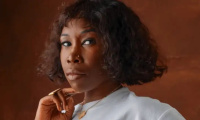


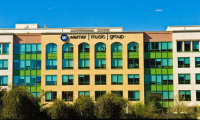












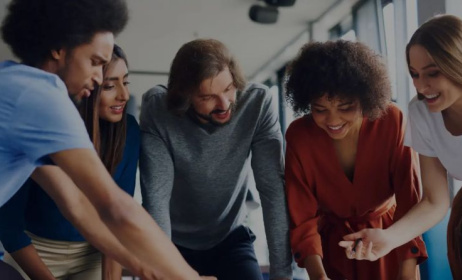

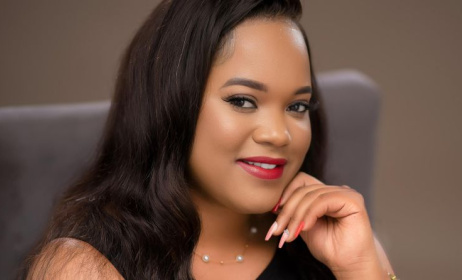
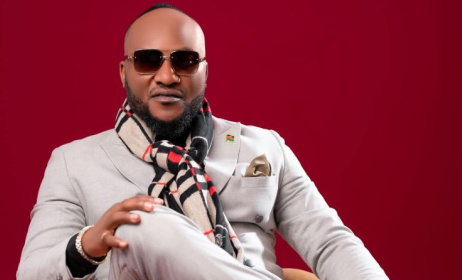





Comments
Log in or register to post comments